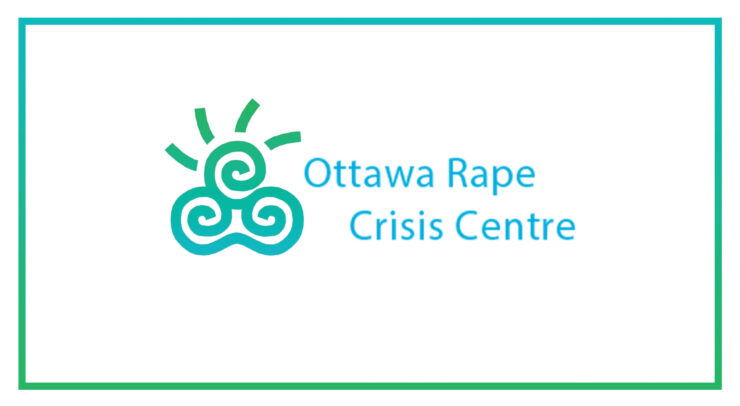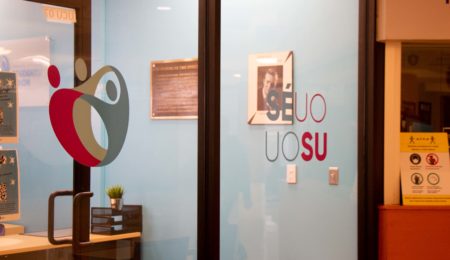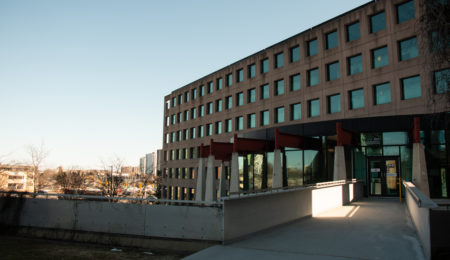Proximity to U of O made it a valuable resource to students
On Nov. 10, the Ottawa Rape Crisis Centre (ORCC) gave a community update announcing a temporary closure set to begin on Dec. 2. At the time of the ORCC’s opening in 1974, it became the first of its kind in Ottawa and was the third rape crisis centre in the country.
The update posted by the ORCC Board of Directors (BOD) to its website identified the challenges presented by the COVID-19 pandemic which highlighted their “outdated IT infrastructure” that “requires a significant overhaul before we can responsibly and ethically integrate secure video platforms and cloud-based recordkeeping systems.”
While in-person services are not offered, the crisis hotline run by the centre is still operational according to its website as of Dec. 2.
The centre’s proximity to the University of Ottawa campus has made the ORCC a valuable resource to students who have experienced sexual violence.
Claudia Newman, who wrote on behalf of the ORCC’s BOD, shared the belief of the board that “students at [the] U of O need access to safe, timely and responsible counselling support.”
“[We] greatly value the relationship between the ORCC and the U of O, which has been in place since 2018,” she continued.“That is why we are working around the clock to identify referral partners that will be able to assist during the ORCC’s temporary closure.”
Just days after the announcement of the closure a document entitled “Call for accountability from the Ottawa Rape Crisis Centre Board of Directors” was shared widely across social media platforms and quickly gained many signatories, including a number of U of O students, and both current and former faculty members.
The document criticizes “the relatively new board [who] fired all staff, including people who had worked at the organization for over 30 years. Five of the staff fired were Black, Indigenous, People of Colour (BIPOC).”
Geneviève Brabant, a manager for Student Academic Success Services (SASS) counselling and coaching unit confirmed the ORCC worker that was seeing U of O students has been laid off.
In an update on Nov. 12, the BOD elaborated on the closure further.
“Unfortunately, the current organizational model and program infrastructure is so overwhelmed with constant struggles that it hasn’t been able to truly and meaningfully adapt to the complex and diverse needs of survivors,” read the post.
The centre’s outdated IT infrastructure could endanger individuals that utilize the ORCC’s services. This is something that Dillon Black, member of the BOD and PhD candidate at the University of Ottawa, tweeted about in May of this year.
The closure is set to take between six to eight months and when it comes time to re-open, the centre maintains “it is imperative [to] develop and implement new strategies to effectively serve BIPOC folks, the trans[gender] community, newcomers, the differently-abled, the economically marginalized, and rural residents. As we re-evaluate our approach, this will be a key area of focus.”
The call of accountability continues to say that the BOD “offers no acknowledgement that by suspending services they have directly impacted those communities, who are already disproportionately affected not only by sexual and gender-based violence, but by the pandemic.”
The document makes eight requests to the BOD, beginning with making meeting minutes public as well as other documents to increase transparency and accountability.
The University of Ottawa’s Human Rights Office (HRO) has close ties to the ORCC.
The manager of media relations for the U of O, Isabelle Mailloux-Pulkinghorn acknowledged the university will be looking to provide other resources to students while the ORCC remains closed.
“The university is currently looking at its options while the centre is going through its own re-evaluation. Rest assured that the university will make sure that students continue to have access to services and will assist them in getting the support they need.”
The ORCC’s website remains operational with a resource page for those that need them.
—With files from Karli Zschogner
A non-comprehensive list of domestic and sexual assault resources appears below…
On campus…
- Womxn’s Resource Centre, 85 University Private, UCU220
- Offers peer-to-peer support listening, quiet semi-private spaces, as well as workshops, events, and discussions.
- Human Rights Office, 1 Stewart Street, Room 121
- Offers resources for survivors of sexual violence and bystanders and sexual harrassment, as well as providing training to combat sexual violence.
- Counselling and Coaching Services, 100 Marie-Curie Street (4th Floor)
- Offers several resources to cater to each student’s needs including Therapy Assistance On-line.
Off campus…
- Survivor hotlines
- Ottawa Victim Services: 613-238-2762
- Fem’aide: 1-877-336-2433
- Talk4Healing: 1-855-554-HEAL (4325)
- Assaulted Women’s Helpline: 1-866-863-0511
- Online support
- Unsafe at Home Ottawa: 613-704-5535
- myPlan Canada
- Supporting a survivor
- Talking with Assault Survivors: 800-656-HOPE (4673)
- Emergency resources
- Community resources
- Interval House: 613-234-5181
- Planned Parenthood: 613-226-3234
- Minwaashin Lodge: 613-741-5590
- Sexual Assault Support Centre of Ottawa: 613-234-2266





